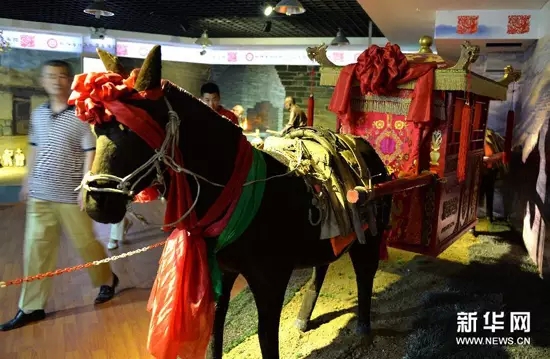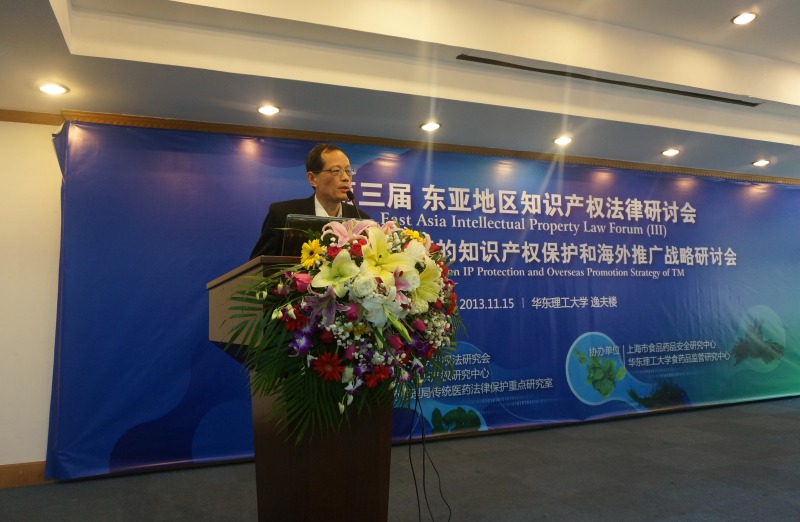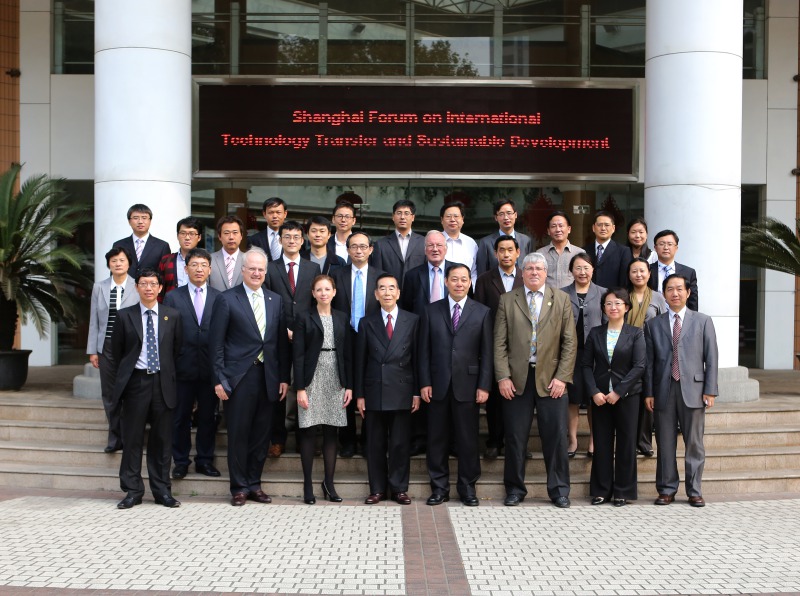An Intangible Cultural Heritage Exhibition Park Will Be Built in Hohhot

On April 9th,with the expert argumentation, related leaders from Inner Mongolia Autonomous Region, Hohhot City and Horinger County, experts and intangible cultural heritage inheritors gave advice for the upcoming construction of Hohhot Intangible Cultural Heritage Exhibition Park (tentative name). In the near future, Horinger’s intangible cultural heritage, such as the Drum Artisans,Dough Figurines, as well as Western folklore and Mongolian culture will be presented.
According to the reports, in order to effectively demonstrate intangible cultural heritage projects in the Hohhot area, promoting the cultural tourism in the Hohhot Cityand surrounding counties and boosting the local economic and cultural development, Hohhot Intangible Cultural Heritage Protection Center and Nanshan Cultural Industrial Park in Horinger County are going to jointly create aHohhot Intangible Cultural Heritage Exhibition Park (tentative name).
Hohhot Intangible Cultural Heritage Exhibition Park (tentative name) is located in County Horinger, Hohhot City. The park is expected to cover an area of 10,000 squaremeters, and after the completion, it will restore the production scene, raw materials, techniques and works of the intangible cultural heritage in Hohhotwith simple simulation techniques. Besides, it will build the performanceplatforms for intangible cultural heritage inheritors to provide the publiceffective places to feel, apperceive, experience and learn so as to inherit and protect our precious traditional cultural treasures.
At the scene,the relevant leaders and experts presented have given advices on theconstruction of Hohhot Intangible Cultural Heritage Exhibition Park within constructionbackground, location advantage, position and foothold to the future development business model of the park, the display forms and protection of intangible cultural heritage.
HohhotIntangible Cultural Heritage Exhibition Park (tentative name) aims to enablethe masses to aware the protection of cultural heritage from the “material”aspect to the “intangible” aspect, from the “static protection” level to“activated protection” level, from the “utensil protection” level to the“people protection” level, and realize the activated protection of intangible cultural heritage and sustainable inheritance. Meanwhile, based on the existing tourism advantages of Horinger, it also aims to achieve a win-win cultural heritage and economic development.
Time:2016-04-10
Source:www.nmgcb.com.cn
next:The 1st China Time-honored Brand and Intangible Cultural Heritage Expo Will Be Held in Chongqing


